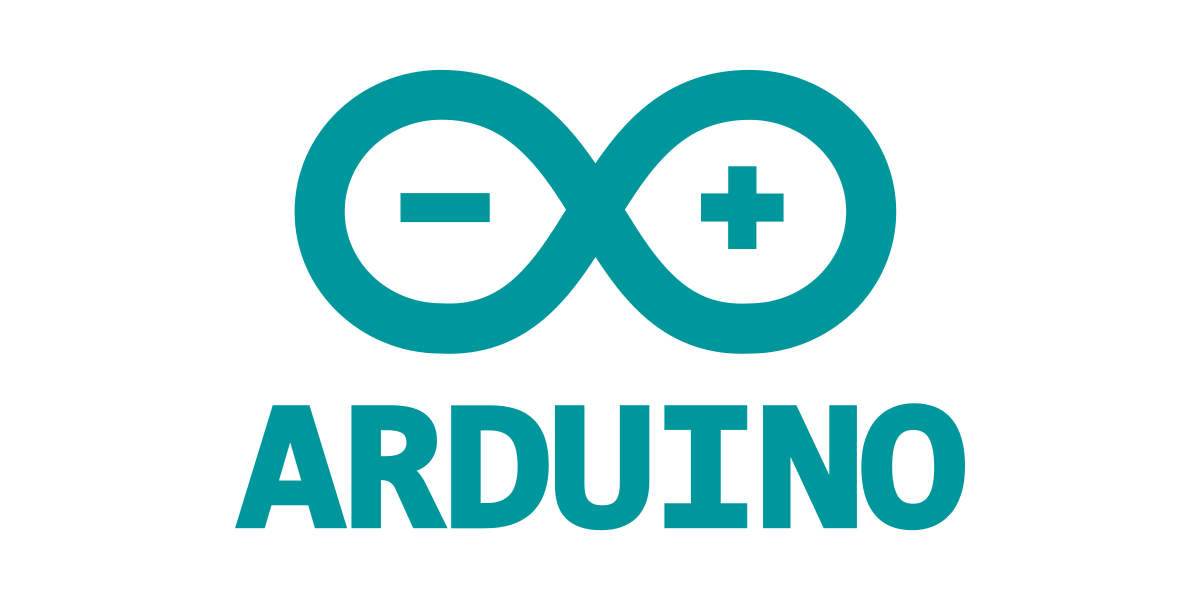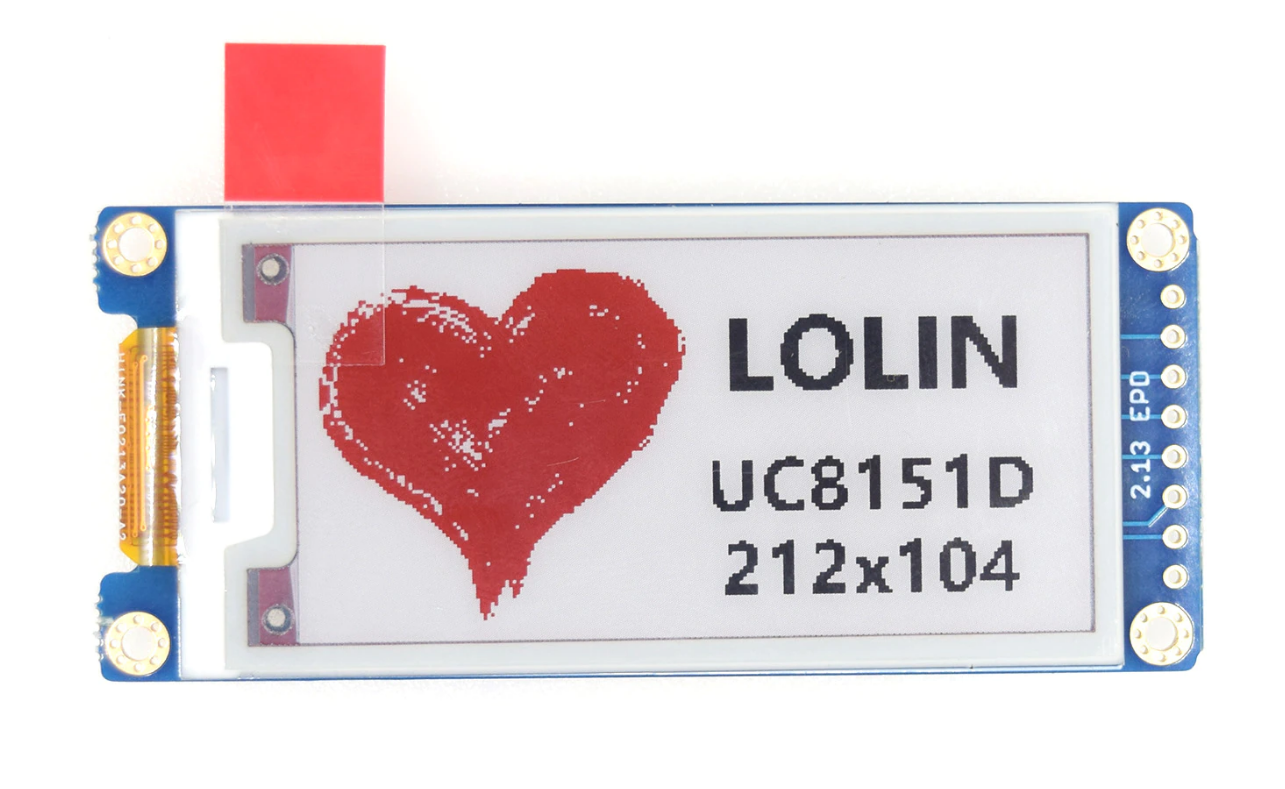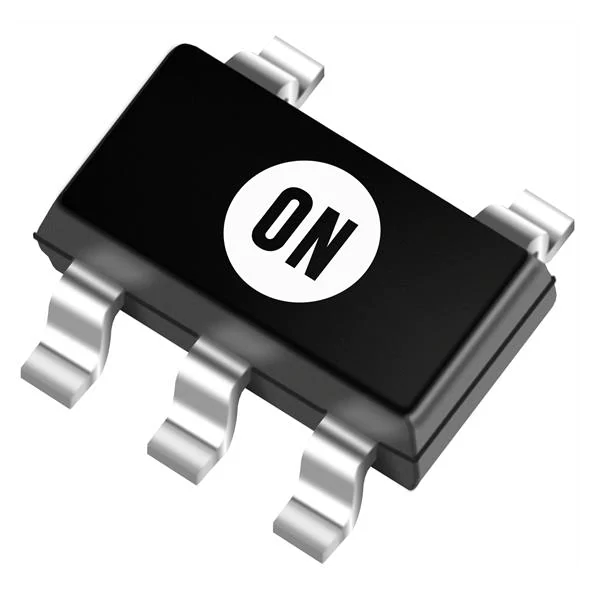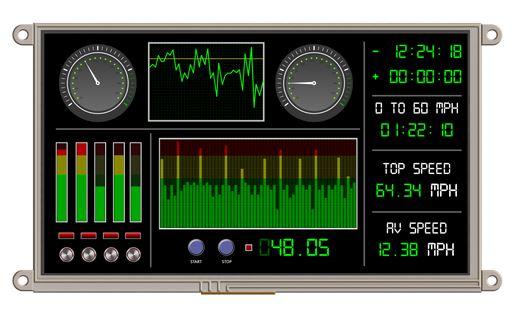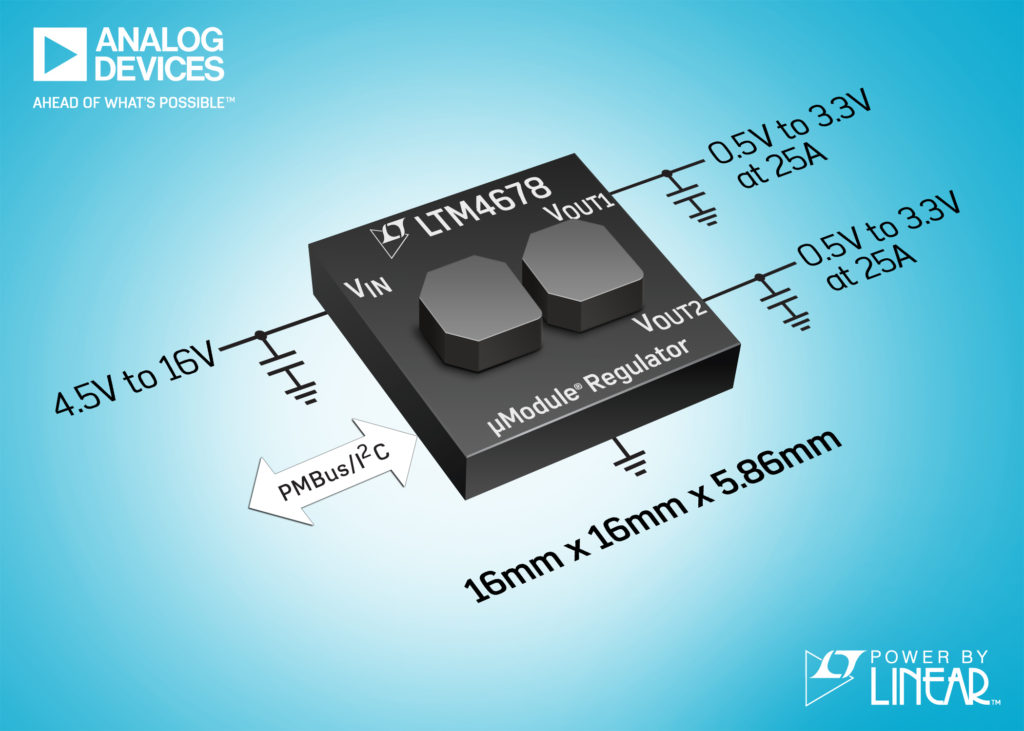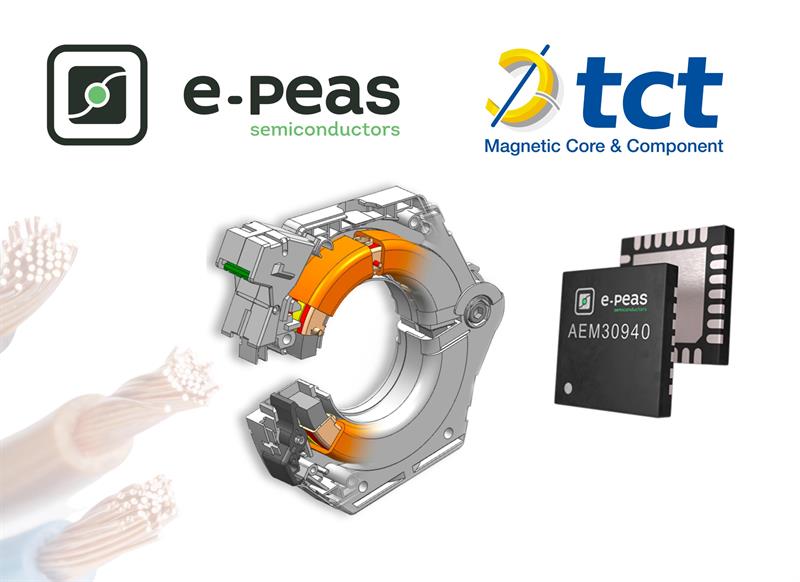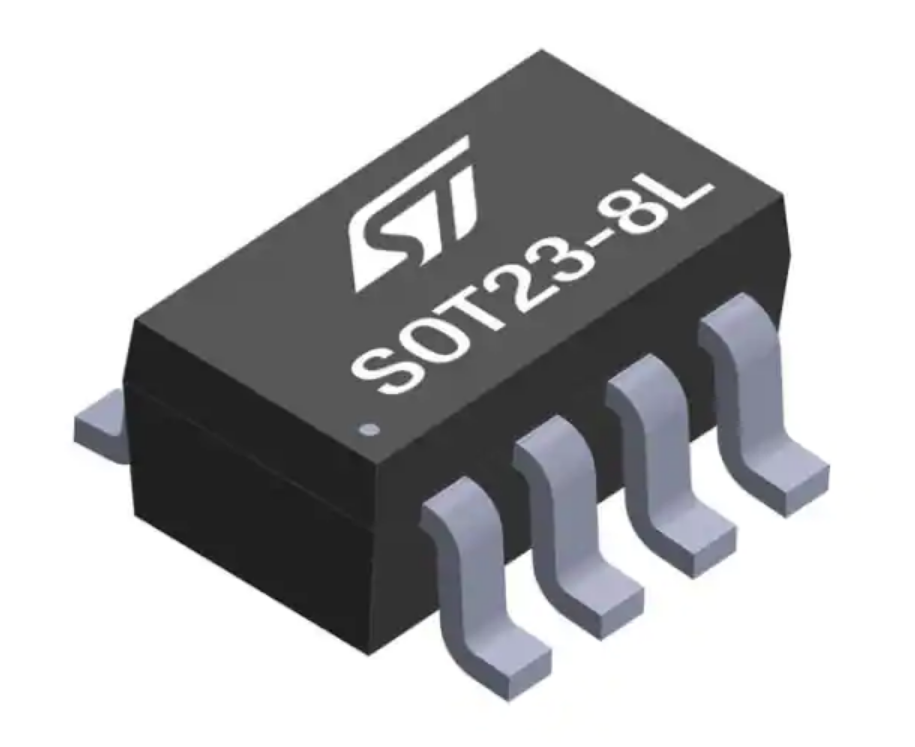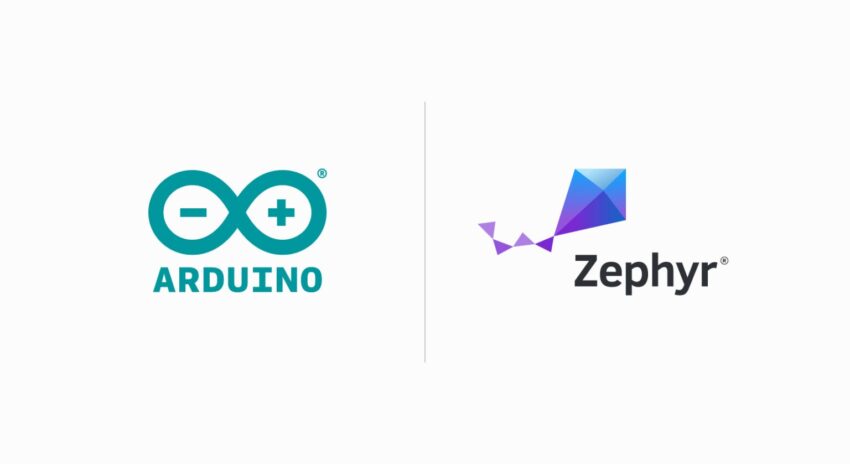
In response to Arm’s decision to phase out support for Mbed by July 2026, Arduino has announced a significant shift to Zephyr RTOS for several of its boards currently dependent on Mbed. Affected products include the Arduino GIGA, Arduino Nano 33 BLE, Arduino Nano RP2040 Connect, and the Arduino PRO series, such as the Portenta, Nicla, and Opta families. Notably, the Arduino UNO, MKR, and Nano families remain unaffected, as their software cores do not rely on Mbed.
The transition is planned to unfold gradually to ensure a smooth experience for users and developers. Arduino aims to release the first beta version of its Zephyr-based core by the end of 2024, followed by a staged rollout beginning in 2025. This timeline allows Arduino to complete the transition well before Mbed is officially discontinued.
Arduino’s move to Zephyr is strategic rather than sudden. The company became a Silver Member of the Zephyr Project last year, gaining early awareness of Mbed’s impending phase-out. Work on integrating Zephyr into Arduino’s software core has been ongoing, ensuring the new system aligns with Arduino’s vision of providing seamless and user-friendly development tools.
For end users, the transition to Zephyr should feel almost invisible. The Arduino software abstraction layer will maintain the familiar Arduino APIs, meaning existing codebases for Mbed-based boards will function without modification on Zephyr-based ones. Developers can continue focusing on their projects without worrying about underlying changes in the operating system.
Zephyr RTOS, launched in 2016 and managed by the Linux Foundation, is designed as a lightweight, open-source, and highly modular real-time operating system. It has gained widespread adoption in applications ranging from IoT devices to embedded systems. Its robust feature set and extensive community support make it an ideal choice for Arduino and other manufacturers looking for a versatile alternative to Mbed.
The impact of Mbed’s phase-out extends beyond Arduino. Other prominent platforms, including the BBC micro:bit and Raspberry Pi Pico, will need to evaluate similar transitions. Depending on their specific needs and ecosystem requirements, they may adopt alternatives like Zephyr OS, FreeRTOS, or NuttX.
Arduino’s decision highlights its commitment to future-proofing its ecosystem and providing reliable tools for its community. The adoption of Zephyr RTOS not only ensures continuity for existing users but also positions Arduino to leverage Zephyr’s growing capabilities and ecosystem, supporting advanced real-time applications and continued innovation in the embedded development space.
For those interested in learning more, Arduino has detailed its plans and progress on its website, and its team has actively discussed the transition at events like Arduino Days 2024. This shift is a testament to Arduino’s adaptability and dedication to its developers, ensuring its platform remains a cornerstone of embedded development.




